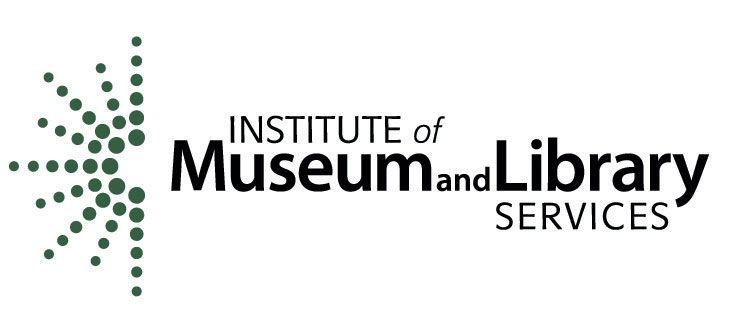István Csók, Hungarian form Csók István (born Feb. 13, 1865, Sáregres, Hung.—died Feb. 1, 1961, Budapest), Hungarian painter. In the 1880s Csók studied at the Mintarajziskola (School of Drawing) in Budapest, at the Academy in Munich, and in Paris. In 1891 the Paris Salon awarded him its gold medal for his painting Úrvacsora (‘‘Do This in Memory of Me [Holy Communion]’’), and in 1894 he won a national gold medal in Vienna. In 1895–96 he painted many portraits and scenes of the everyday life of the Shokats people of Transdanubia in their colourful traditional dress. After seven more years in Paris (1903–10), during which he produced the well-known painting Mûteremsarok (1905; “Corner of a Studio”), he returned to Budapest, where he remained for the rest of his life. His later works (1910–16) included a series of paintings of young girls, Züzü-képek (“Züzü Pictures”), as well as landscapes (Tél a tavaszban [1913; “Winter in Spring”]), portraits (1911; Tibor Wlassics), and still lifes (Krizantémok [1917; “Chrysanthemums”]).
Csók remained one of the most popular figures in modern Hungarian painting while evolving stylistically from realism to his unique interpretation of Post-Impressionism. His autobiographical notes were published in 1957 under the title Emlékezéseim (“Reminiscences”).
Encyclopædia Britannica Online, s. v. "Istvan Csok", accessed August 06, 2015, http://www.britannica.com/biography/Istvan-Csok.



